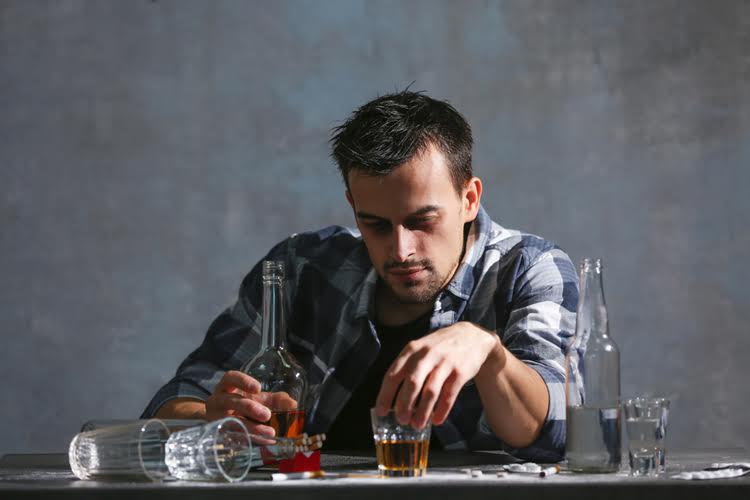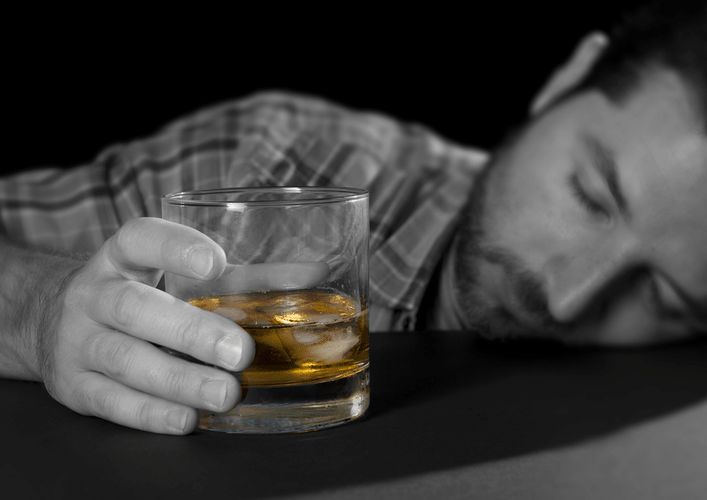Addiction is diagnosed by medical professionals using clinical assessments, screening tools, and the DSM-5 criteria for substance use disorder (SUD). A person meeting 2–3 criteria is classified as having a mild disorder, 4–5 criteria indicate a moderate disorder and 6 or more signify a severe substance use disorder. The physical and mental health effects of addiction are physical health deterioration, such as cardiovascular issues and liver damage, and mental health disorders like anxiety and depression, and the development of co-occurring disorders. Both short-term and long-term substance abuse have lasting consequences on the brain and body. Addiction is caused by a combination of biological, environmental, and psychological factors that marijuana addiction influence brain function and behavior.
Is substance use a choice?
- The first option may take several days or weeks to accomplish, so many people opt for the latter as it is less painful.
- The length of treatment varies based on the individual’s needs and the severity of the addiction.
- Unfortunately, at the very same time, it prods people to see themselves as hapless victims of a process beyond their control.
- In the addiction field, compulsive drug use typically refers to inflexible, drug-centered behavior in which substance use is insensitive to adverse consequences 100.
- However, underlying discriminatory attitudes against addicts still prevail in society.
If your loved ones have expressed concerns about your substance use, consider having an honest conversation with your healthcare provider. It’s essential to seek help if you are having difficulty cutting back, find yourself consuming more substances than you meant to, or otherwise feel that your personal life, relationships, or health have been affected. It may help you to remember that substance use disorder is a disease that your loved one is struggling with and not a personal flaw. Consider therapy for yourself to help you cope with the impacts of addiction on your own emotions and life. As a person becomes dependent on the substance, the substance will begin to control the person’s life. Such a program might be of clear benefit in the prevention and treatment of drug abuse—yet another illustration of how basic research not aimed directly at translation can provide important insights eventually leading to effective practical action.
Find treatment services

The brain is always changing and adapting to experience—even now, as you read this. Habits are a kind of mental shortcut, fast-tracking the neural connections involved in an activity so that you don’t need to consciously think out every what is drug addiction step. Unfortunately, that wired-in efficiency is what makes habits hard to break. Because addiction is such a complex phenomenon, there are many theories about what addiction is.
Non-substance addictions
When people take drugs, the brain is flooded with chemicals that take over the brain’s reward system and cause them to repeat behaviors that feel good but aren’t healthy. It alters brain function, creates dependence, and often involves a cycle of relapse and recovery. Ongoing care, including aftercare programs and relapse prevention strategies, is crucial for maintaining sobriety and preventing a return to drug use. Aftercare may involve regular therapy sessions, support groups, and lifestyle changes that reinforce recovery. Prescription pain medications — especially opioids — can also lead to addiction.

Innovative projects answer NIDA’s challenge to implement substance use prevention in primary care
Some argue that addiction is a chronic, relapsing brain disease, while others believe it is a result of personal choices and behaviors. For example, organizations such as Alcoholics Anonymous address the issue of alcoholism as a moral decision or a mental illness, calling it a disease, but at the same time, asking members to work on shortcomings and defects of character. This blog post aims to explore both sides of the debate and debunk common misconceptions surrounding addiction.
Is addiction a choice?
People with drug addiction will often prioritize obtaining and using the substance over relationships, work, and other responsibilities. This compulsive behavior is not a choice; it is the result of changes in the brain that make it difficult for individuals to stop, despite wanting to. Because of this, neurobiology is a critical level of analysis for understanding addiction, although certainly not the only one. It is recognized throughout modern medicine that a host of biological and non-biological factors give rise to disease; understanding the biological pathophysiology is critical for understanding etiology and informing treatment. Thus, as originally pointed out by McLellan and colleagues, most of the criticisms of addiction as a disease could equally be applied to other medical conditions 2.
Despite the complexity of the situation however, new evidence reveals https://carolinedk.co.il/sober-living-or-recovery-housing-a-guide-to-the/ the truth of the matter. While an addiction may begin from an individual’s personal choice, addiction itself is a mental disease rather than a continued choice. As a result, drug abuse becomes fundamentally linked to their brain and is no longer a free choice. In recent decades, researchers began to label addiction as a disease rather than a behavioral choice. This decision stems primarily from how addiction affects the brain by changing it, progressively forcing an individual to crave the drug until use eventually becomes an unconscious act rather than a conscious choice.

Contact NewVista For Addiction Treatment Services
One of their most common arguments shines light on social media addiction. As social media has become a staple in modern society, many people have become hooked on this growing trend. Drugs and alcohol severely disrupt chemical and neuronal activity in the brain.
